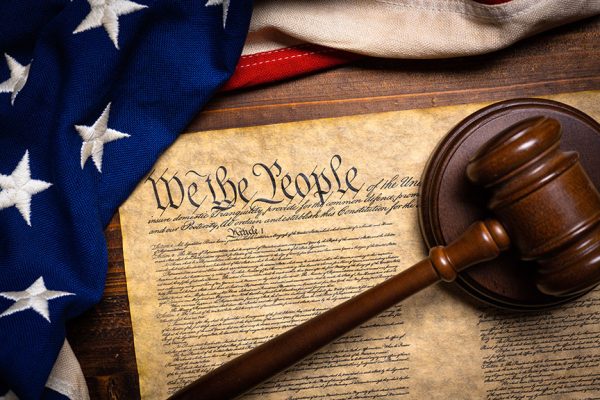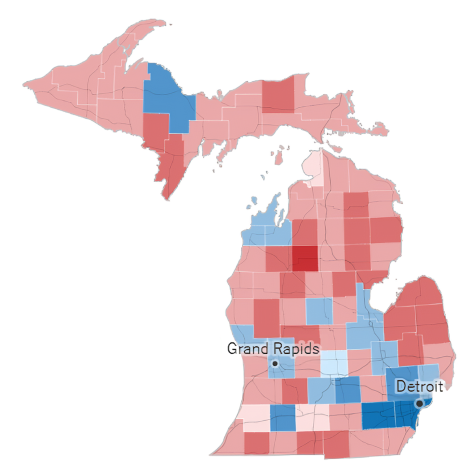The Effects of Marijuana Legalization
The legalization of marijuana is about much more than just people being allowed to smoke weed.
According to the Washington Post, over half of American adults have used marijuana at some point in their lives. Considering that only ten states have legalized weed, millions of people across the country are acquiring it illegally. When any drug is sold illegally there is no telling where it came from, what is in it, or, let’s be real, how high the quality of the product will be. Government regulation means that marijuana will be held to the same standards as alcohol and food. This will make it much safer for people who are using it anyway.
Legalization also means that less tax money will go toward the incarceration of people for non-violent marijuana offences.
“U.S. states spend more than $3 billion enforcing marijuana prohibition every year,” according to drugpolicy.org.
That is 3 billion dollars of public money going toward prosecuting people for possessing a drug that, according to researchers at the University of Colorado, is less damaging to one’s health than alcohol. I can personally think of a variety of funds I would prefer my tax money be allocated to, for example: anything else, or, our terrible roads.
The new legalization policy will bring in more state tax money that decreases Michigan’s dependence on the federal government and can be used to fund roads and schools. Alongside legalization comes a 10% excise tax (a tax on a specific good) in addition to the usual 6% sales tax. Marijuana legalization is projected to bring in $262 million in revenue according to the Michigan Senate Fiscal Agency.
This policy change will not affect anyone who does not wish to start consuming marijuana. The new law will prohibit public consumption and any plants that are grown will have to be locked up and out of sight. It will only affect what happens within people’s homes and the public good brought about by the additional tax revenue will benefit everyone in Michigan.
Your donation will support the student journalists of Salem High School - MI. Your contribution will allow us to purchase equipment and cover our annual website hosting costs.
Isabelle Fessler is a junior at Plymouth High School. She’s a president of GSA and is very passionate about social justice. She spends her free time...










